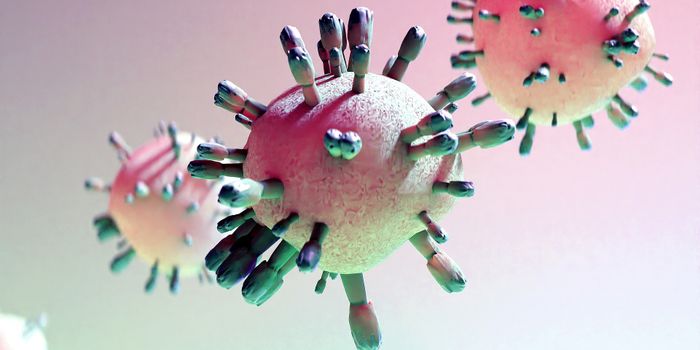Tregs: Naughty or Nice?
Regulatory T cells, Tregs (pronounced "T" "regs") for short, represent a divisive type of immune cell that can elicit beneficial but also harmful effects. As their name suggests, Tregs regulate the immune response. In brief, these cells block the function of other immune cells. Ideally, Tregs “turn down” the immune response, preventing the overactivity of immune cells and inflammatory factors. This mechanism suppresses the immune response, and sometimes, immune suppression is necessary and beneficial.
However, when it comes to cancer, Tregs have a bad rap, which landed them on Santa’s Naughty list last year. In honor of today’s Christmas holiday, and Santa’s recent visit, we wanted to take a closer look at Tregs to see what side of the list they landed on this year.
Santa Visited the Tregs Preventing Autoimmune Diseases!
In immunology, tolerance defines a process wherein immune cells cannot recognize or respond to their own antigens, proteins that cause the body to generate an immune response. Autoimmune diseases can develop when a failure of tolerance occurs, resulting in an immune response against an individual’s own tissue.
Tregs play a vital role in controlling tolerance and thus preventing tissue damage from immune reactions against your own cells. Several autoimmune diseases, including multiple sclerosis, rheumatoid arthritis, and systemic lupus erythematosus, occur due to reduced frequency of Tregs or an impairment in Treg functional activity.
Tregs in Cancer Patients Get Coal Again!
While healthy individuals benefit from Tregs, those fighting cancer want to keep the Tregs away! Tregs infiltrate the tumor microenvironment in several types of cancer. These cancers, sometimes called “cold,” can not mount an adequate immune response and usually don’t respond well to immunotherapies.
Similar to how Tregs dampen the immune response to self-antigens, they can prevent an immune response against tumor antigens. In the cancer setting, Tregs prevent an efficient anti-tumor immune response, leading to cancer progression.
Sources: Methods Mol Biol, J Transl Autoimmun, Front Immunol, Cancer Sci









